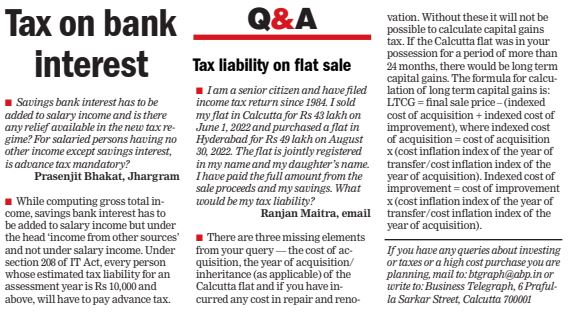The recent Covid-19 pandemic was an eye-opener for many, the pandemic exposed the fragility of our ecosystem and made many realise the importance of a strong financial planning.
Investing in an appropriate health insurance cover is one of the most important steps toward prudent financial planning. A well-designed, comprehensive health cover ensures that we are equipped to handle any medical exigency without making a dent on our pockets.
Every health insurance policy has a few clauses and intricacies which you must know to have a better understanding of the policy, one such term is ‘waiting period’.
So, what is a ‘waiting period’ in health insurance? As you might have guessed by the name, ‘waiting period’ is the time one needs to wait before one can avail the benefits of the policy. This pre-defined time period is explicitly mentioned in the policy document; the waiting period starts as soon as the policy commences.
What are the different types of waiting periods? You might be wondering if there is more than one kind of waiting period, if yes, what is the difference between them and how they work? A health insurance policy typically has a few different types of waiting periods, we will have a look at each one of them.
Cooling off period
This is also famously called the initial waiting period; this is the period that one has to serve before they can start availing the benefits of their health insurance policy. The standard cooling-off period is 30 days; during this period you will not be able to make claim for any hospitalisation arising out of illness.
However, you must know that you can file a claim for hospitalisation arising out of accidents from day 0; the 30 days waiting period does not apply to accidental hospitalisation.
So, in case you are hospitalised due to an illness on the 10th day of the policy, then the claim will not be admissible since you are under the cooling-off period. On the contrary, if you are hospitalised on the 10th day because of an accident then the claim will be admissible.
For pre-existing diseases
Pre-existing diseases refer to the ailments or health conditions that the policyholder has before buying the health insurance. Any ailment that you have been diagnosed with before buying the health insurance will be considered a ‘pre-existing’ disease. Conditions such as blood pressure, diabetes, thyroid, and asthma are part of this list.
The waiting period for these diseases typically ranges from 2 to 4 years. So, suppose you have been diagnosed with thyroid before buying the policy, the pre-existing clause implies that you cannot file a claim for any hospitalisation attributable to thyroid in the first 2 to 4 years of the policy.
Disease-specific
Insurers impose a waiting period on certain diseases such as Hernia, Cataract, and Joint replacement surgery, to name a few. This waiting period varies from 2 to 4 years. Each insurer has a list of ailments for which the insured has to serve the waiting period; the list is clearly mentioned in the policy document. The waiting period for each ailment is also explicitly mentioned.
Maternity benefits
Maternity cover in a health insurance policy typically has a waiting period ranging from 9 months to 6 years. This means that you will be able to file maternity-related claims only after serving the defined period. To ensure that you are able to reap the benefits of maternity coverage, it is prudent to buy a health insurance policy that offers maternity benefits well in advance.
Since pregnancy-related complications and medical inflation are on the rise, today one requires proper financial planning before planning a family; maternity benefit is a great way towards this planning.
Psychiatric illness
Mental illness is mandatorily covered under health insurance according to the regulatory guidelines. The waiting period for such illness is usually two years; however, it may vary from insurer to insurer and it will be mentioned in the policy document.
Is there a way to bring down the waiting period? Yes, you can reduce some of the waiting periods by paying an additional premium. How much reduction you can get will vary from insurer to insurer and product to product. You may check with your insurer and avail the benefits of a reduced waiting period by paying an additional premium.
Start early
Typically one does not suffer from any serious health issue at a young age, and hence one of the biggest advantages of buying health insurance early is that you would have served the aforementioned waiting periods and can later easily file the respective claim without any worry.
When you buy health insurance, do have a close look at the waiting periods to avoid any surprises later. It is anyway recommended that you read your policy document thoroughly to have a clear understanding of your coverage.
The policy copy explicitly mentions the covers, exclusion, and other terms and conditions in lucid language to avoid any confusion for the policyholder. I hope this article will help you understand your health insurance policy better.
The writer is head — health administration team, Bajaj Allianz General Insurance












